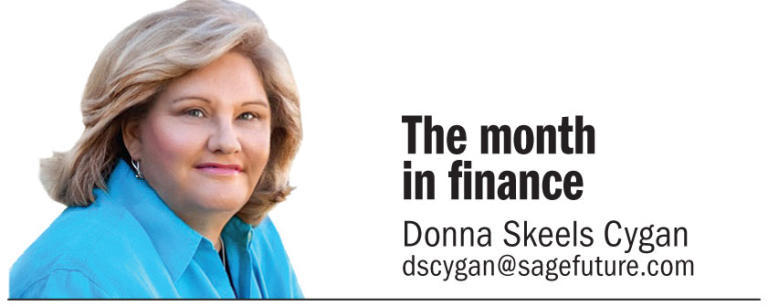We’ve all heard people say “money buys happiness.” Others say “money does not buy happiness.” So, which is it?
While writing my book, I reviewed research from the fields of psychology, neuroscience and economics to unravel the relationship between money and happiness. My conclusion is that money does not buy happiness. In other words, money does not guarantee happiness. We have all known people who are extremely wealthy but very unhappy.
A 2010 research study by Daniel Kahneman and Angus Deaton suggests that emotional well-being (well-being is commonly used in research in place of the term happiness, and emotional well-being is measured by the emotions that respondents reported they experienced the previous day) improved as income rose, but only to an income level of approximately $75,000.
However, when respondents were asked “How happy are you with your life as a whole these days?” the results showed a higher level of happiness up to approximately $120,000 of income. The research suggests that although income impacts happiness, many other factors – such as health, education, social support, freedom and the strength of our family life – play a major role in our happiness.
Another study, by Sonya Lyubomirsky, Ken Sheldon and David Schkade, tried to determine how much of our happiness is within our control. Building on an earlier study by David Lykken that showed that roughly 50 percent of our happiness is determined by genetics, Lyubomirsky and colleagues determined that 10 percent of our happiness is due to our environment and 40 percent is within our control. This is exciting because it suggests we have a lot of latitude in making ourselves happier through our choices, our attitudes and our behavior.
Let’s tie the happiness back to money. Psychologists have shown that spending money on material possessions does not increase happiness. This is because of a concept called “hedonic adaptation.” However, it has been shown that spending money on experiences can increase happiness.
Cornell University psychology professor Thomas Gilovich has studied how experiences make us happier. He believes the experiences connect us with other people, and the memories become a part of our sense of identity. Having strong relationships with friends and family are also considered a major component of happiness.
I challenge you to test the theory that experiences can make us happier. At the same time, explore what brings you joy. Some experiences may be obvious, such as a family vacation. Others are not.
Perhaps sitting down to read a book, getting buttered popcorn at the theater, or having a margarita at your favorite restaurant makes you happy. Some activities may cost a significant amount of money. Others may be free.
Here are a few to consider:
- Get together with friends (or family) you haven’t seen for months
- Start a family tradition of cooking breakfast together on Saturday mornings
- Take a day trip
- Take a walk in the evening with your spouse or a friend
- Get into nature
- Take a class
- Volunteer at a local food bank, a homeless shelter, or the library
- Start a gratitude journal
- Talk with your kids or grandkids about money, including hardships your family has faced
- Set a goal of getting healthier, whether that means taking a walk for 30 minutes each day, eliminating excess sugar or junk food, or getting an extra hour of sleep each night
- Plan an activity, such as taking the family to an outdoor concert, visiting the zoo or enjoying a picnic in the mountains
- Look for opportunities to help others who are less fortunate.
These ideas fall into categories that have been shown to increase our happiness. The categories include spending time with friends and family, leading a healthy lifestyle, focusing on gratitude, nurturing your creativity and giving back through volunteering and charitable donations.
I believe managing our money wisely can bring us joy. Saving, investing and spending wisely are all factors in attaining financial security. Living within our means feels good. Having excessive debt causes stress.
Taking the time to ponder what brings you joy allows you to slow down the pace and determine how you can use your money in ways that will make you happier.
Do you have money and happiness topics you would like Donna Skeels Cygan to write about? Send questions to dscygan@sagefuture.com.
